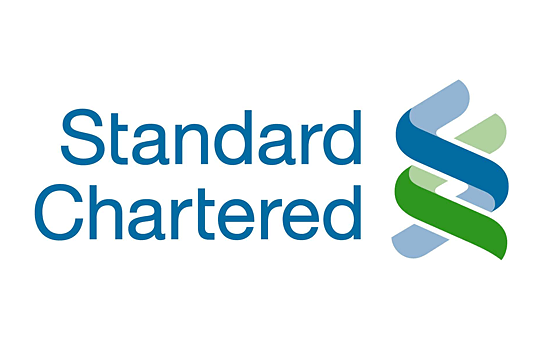 On August 6th, the English bank, Standard Chartered, was accused of being involved in illegitimate transactions with Iran worth up to $250bn. Two weeks later, with an investigation continuing, the financial institution was fined $340m and has had terms attached to its punishment, most notably having a monitor permanently installed in the New York branch of the bank. Many have said the bank has gotten off lightly considering initial allegations of illegitimate transfers of money in question of a quarter of a trillion dollars. But Standard Chartered have managed to wiggle their way out of much heavier penalties. For now at least.
On August 6th, the English bank, Standard Chartered, was accused of being involved in illegitimate transactions with Iran worth up to $250bn. Two weeks later, with an investigation continuing, the financial institution was fined $340m and has had terms attached to its punishment, most notably having a monitor permanently installed in the New York branch of the bank. Many have said the bank has gotten off lightly considering initial allegations of illegitimate transfers of money in question of a quarter of a trillion dollars. But Standard Chartered have managed to wiggle their way out of much heavier penalties. For now at least.
When Benjamin Lawsky, head of the New York Department of Financial Services, made the claim, it was set to be one of the most landmark cases in US banking history of its kind. Facing a gargantuan fine and having its New York banking license being revoked (and effectively its US license along with it), Standard Chartered were up against it. However they have outmaneuvered the issues, in an honest way it must be said, and will be allowed to continue their business in New York but more importantly, the USA. Although they are not totally off the hook yet as investigations are ongoing, a fine of $340m is definitely good news for any stakeholder within the London-based bank. But what was it that they actually said that got them off scot-free?
Although the banks admits to conducting business with Iran, whom the US has had an embargo on trade with since 1995, they have said that 99.9% of their transactions were legal. Standard Chartered have admitted that the remaining 0.01%, a total of $14m, was ”non-compliant with regulations.” Whatever outcome of the investigation, when all questions are answered, two very positives consequences have come out of this situation:
Standard Chartered will permanently install personnel within its New York branch to oversee and audit any offshore money-laundering with due diligence and monitoring undertaken by the bank.
The bank is to install a monitor for a term of at least two years who will report directly to the Department of Financial Services and who will evaluate the money-laundering risk controls in the New York branch and implementation of appropriate corrective measures. In addition, Department of Financial Services examiners shall be placed on site at the Bank.
And it is this type of regulation which comes as great encouragement after the last few years of banking revelations. Finally, there is something being done about the excessively de-regulated profession that is banking. Standard Chartered could find themselves in much bigger trouble yet but the main thing is so far is that they have come clean about their wrongdoing and measures have been put in place to ensure such immoral behavior of this type is not repeated at the institution again.





